Introduction
The space exploration and technology industry are entering a dynamic period of innovation, fueled by advancements in artificial intelligence, propulsion systems, and materials science. In 2024, new technology trends are poised to reshape the possibilities for space exploration, making missions more efficient, sustainable, and cost-effective. These trends promise to drive both commercial and scientific progress, enabling a deeper understanding of space while also expanding opportunities for human exploration and economic activity beyond Earth.
1. Artificial Intelligence and Machine Learning for Autonomous Operations
AI and machine learning are playing a pivotal role in enhancing autonomous operations in space. From navigation and obstacle avoidance to scientific data analysis, AI-powered systems enable spacecraft and rovers to operate with minimal human intervention. In 2024, the use of AI in predictive maintenance and mission planning is expected to reduce mission risks and extend the lifespan of space assets.
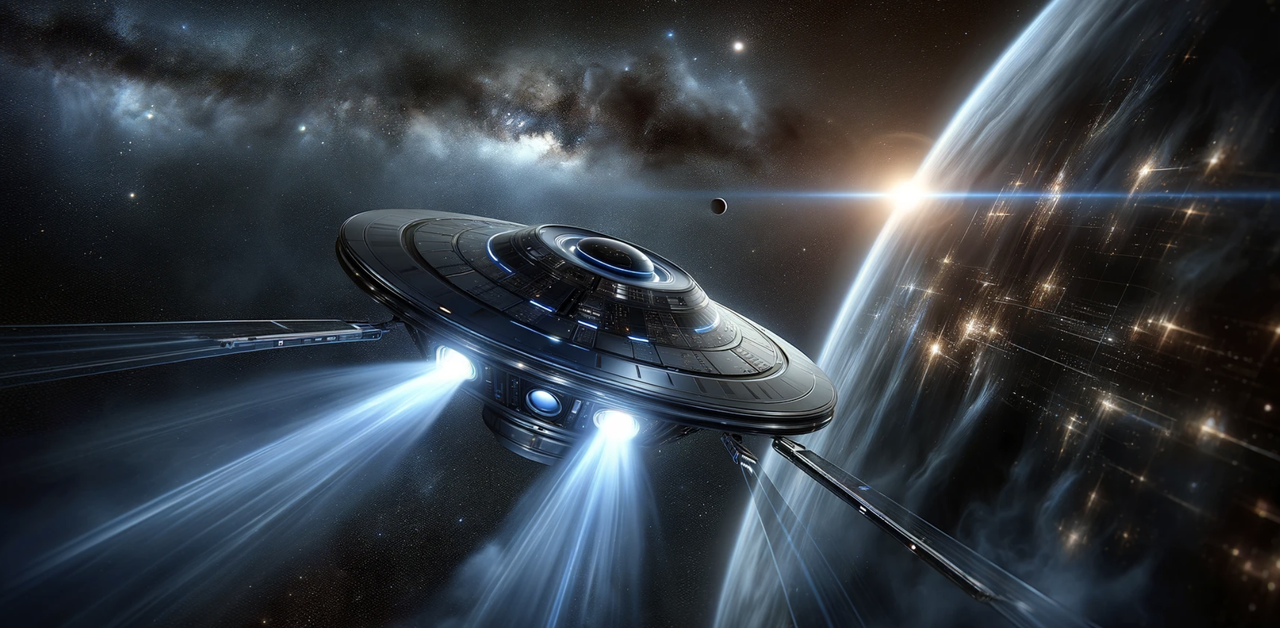
2. Quantum Computing for Space Data Analysis
Quantum computing is emerging as a transformative tool for handling the massive data generated in space exploration. Quantum processors enable complex simulations, faster calculations, and improved encryption for secure data transmission. With the continued development of quantum technologies, 2024 could see their application in areas like cosmological research, real-time data processing, and spacecraft telemetry.
3. Reusable Rocket Technology
Reusable rockets have significantly reduced the cost of space missions, allowing for frequent and affordable launches. Companies like SpaceX and Rocket Lab are advancing this technology by developing rockets that can be refurbished and relaunched quickly. In 2024, advancements in reusable launch systems could further reduce costs and increase launch frequency, making space more accessible for commercial and scientific purposes.
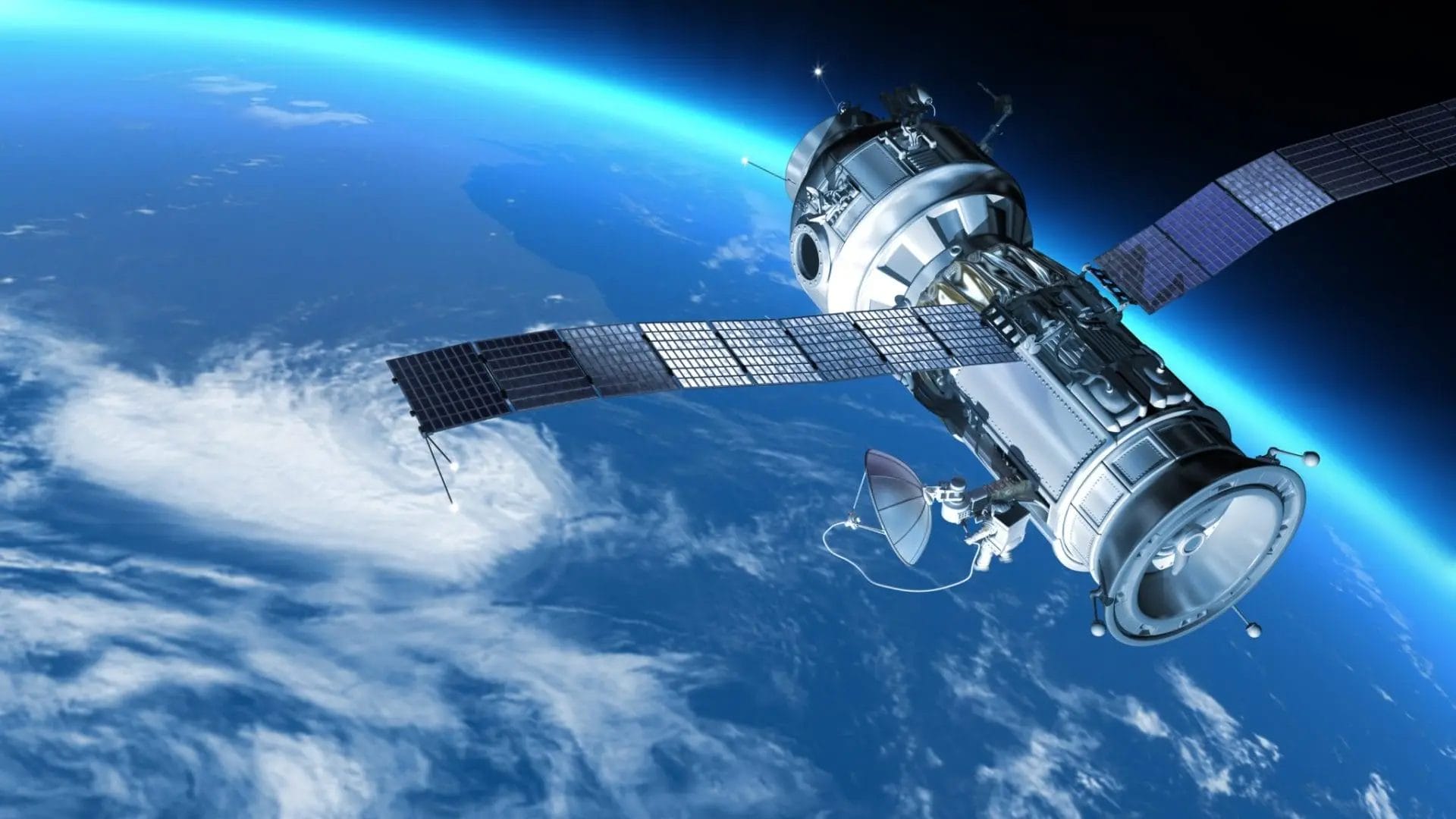
4. Nuclear Propulsion Systems for Deep Space Exploration
Nuclear propulsion systems, including nuclear thermal and nuclear electric propulsion, offer faster and more efficient travel for deep-space missions. With agencies like NASA and private companies exploring nuclear-powered propulsion, 2024 may see breakthroughs in using this technology for long-duration missions to Mars and beyond. This innovation could significantly reduce travel times and make ambitious missions more feasible.
5. In-Situ Resource Utilization (ISRU) for Sustainable Lunar and Mars Missions
ISRU technology focuses on using local resources, like lunar regolith or Martian ice, to support missions. Techniques to convert these materials into water, oxygen, or fuel reduce dependence on Earth supplies. In 2024, further development in ISRU could make sustained human presence on the Moon and Mars more practical, supporting plans for lunar bases and interplanetary missions.
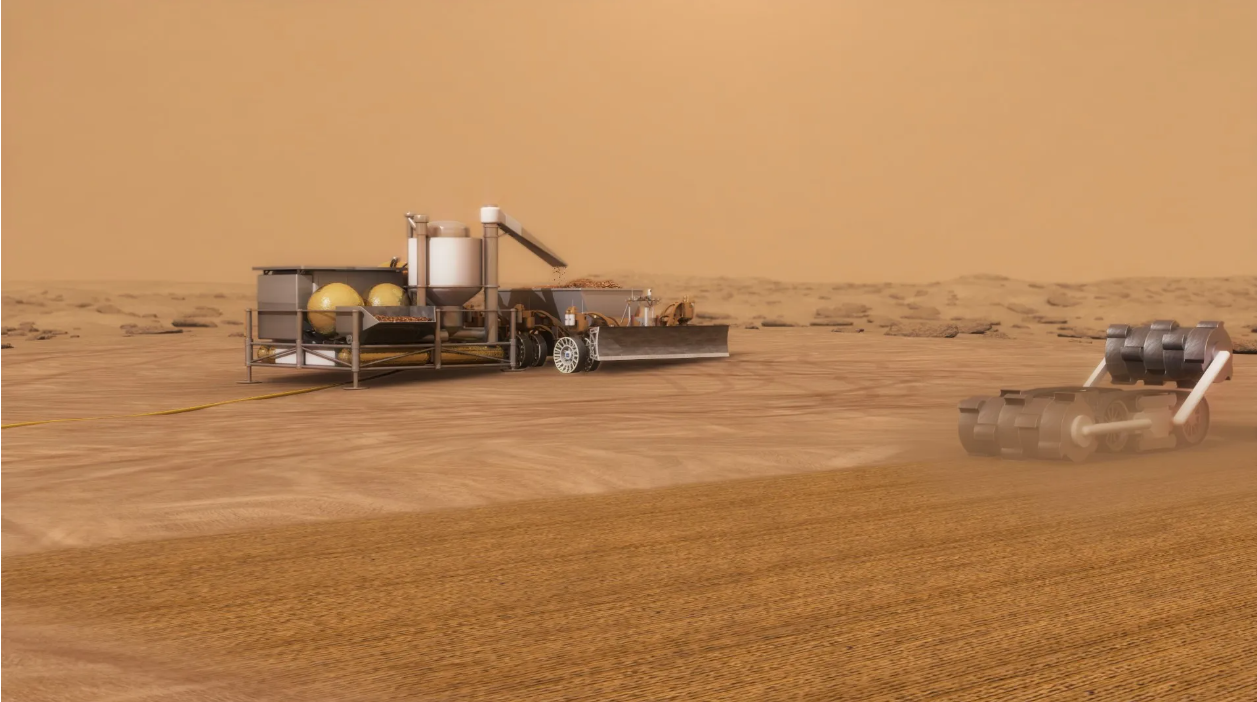
6. Advanced Satellite Constellations for Global Connectivity and Space Observation
Satellite constellations are essential for global communication, weather forecasting, and Earth observation. In 2024, the deployment of high-throughput, low-orbit satellite constellations will enhance connectivity and data availability worldwide. Advancements in satellite miniaturization and longer-lasting batteries could enable more cost-effective and sustainable satellite networks.
7. 3D Printing and Manufacturing in Space
3D printing is enabling the manufacturing of tools, parts, and even habitats directly in space, reducing dependency on Earth-based supplies. With innovations in material science, 2024 could see more advanced use of 3D printing for creating spare parts, building structures on the Moon, and manufacturing equipment in orbit, increasing mission resilience and autonomy.
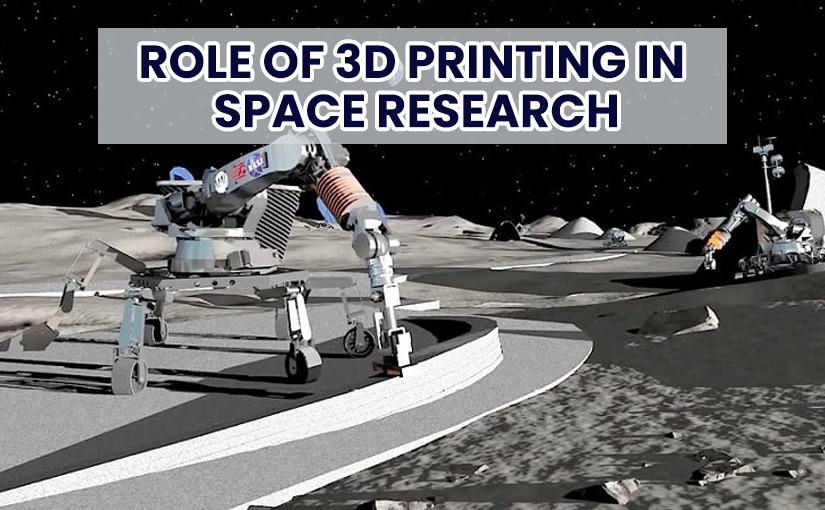
8. Bioengineering for Life Support Systems
Bioengineering is advancing the development of sustainable life support systems, critical for human space missions. Innovations such as bioreactors to produce food, oxygen, and water recycling systems are making space habitats more self-sustaining. In 2024, bioengineering research could yield breakthroughs in artificial ecosystems and closed-loop systems, supporting long-duration human presence in space.
9. Hypersonic Travel and Point-to-Point Space Transportation
Hypersonic travel has the potential to revolutionize not only space exploration but also high-speed travel on Earth. Companies are developing hypersonic spacecraft that could transport cargo and passengers between distant points on Earth within hours. In 2024, advancements in hypersonic technology could make point-to-point space transportation a reality, bridging terrestrial and space-based travel.
10. Cybersecurity for Space Infrastructure
As space assets become increasingly digital, the need for robust cybersecurity measures grows. Protecting space infrastructure from cyber threats is essential for mission success and safeguarding data. In 2024, investments in satellite cybersecurity and encryption protocols will be crucial as space becomes more interconnected and vital to global operations.
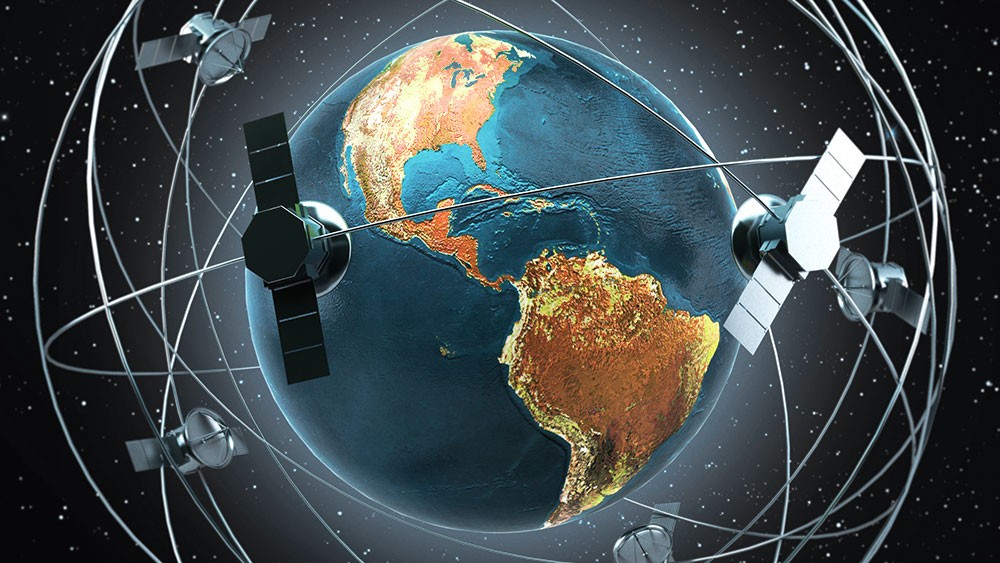
Conclusion
In conclusion, 2024 is set to be a landmark year for the space exploration and technology industry, with cutting-edge advancements making space missions more accessible, affordable, and resilient. From AI-powered autonomy and reusable rockets to in-situ resource utilization and hypersonic travel, these trends are pushing the boundaries of space exploration and transforming what humanity can achieve. As these technologies continue to evolve, they will lay the foundation for an expanded presence in space, opening doors to unprecedented scientific discoveries and commercial opportunities in the cosmos.
